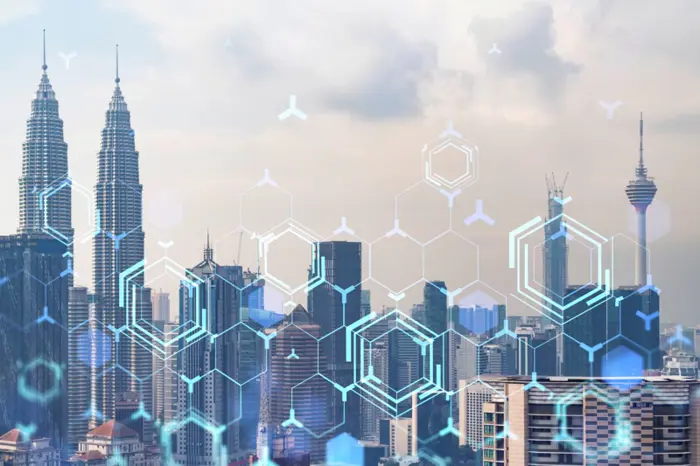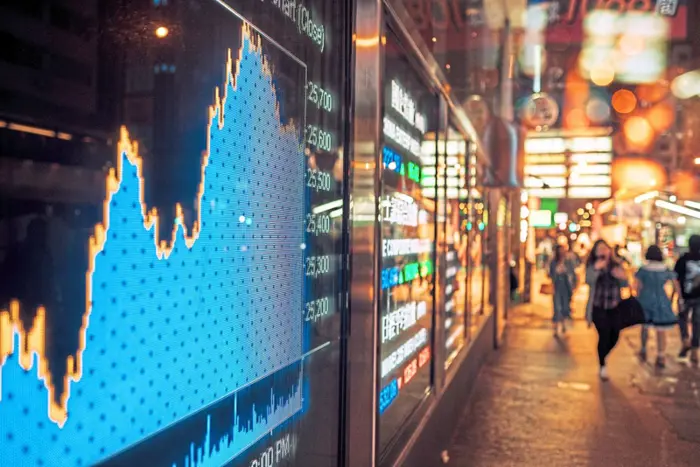HUMANITY’S greatest inventions have always transformed how we live and work.
The wheel, for instance, revolutionised transport by enabling us to carry heavier loads farther with less effort, fueling trade and economic growth worldwide.
Today, artificial intelligence (AI) is emerging as the next pivotal breakthrough, reshaping daily life, global commerce and industries—opening the door to a new wave of innovation.
According to the World Trade Organization (WTO), AI is a general-purpose technology, like electricity or the Internet, with the potential to transform economies.
It is already reshaping the production, exchange and consumption of goods and services. The WTO’s World Trade Report 2025, released earlier this month, highlights AI’s potential to lower trade costs and expand global markets, especially for small and medium-sized enterprises (SMEs).
“AI tools are already enhancing trade efficiency by improving visibility within supply chains, automating customs clearance, reducing language barriers, strengthening market intelligence, improving contract enforcement and helping firms, including micro, small and medium-sized enterprises (MSMEs), to navigate complex regulations,” the report notes.
Based on a global survey conducted with the International Chamber of Commerce (ICC), nearly 90% of firms using AI report tangible trade benefits, with 56% saying it has improved their ability to manage trade risks.




